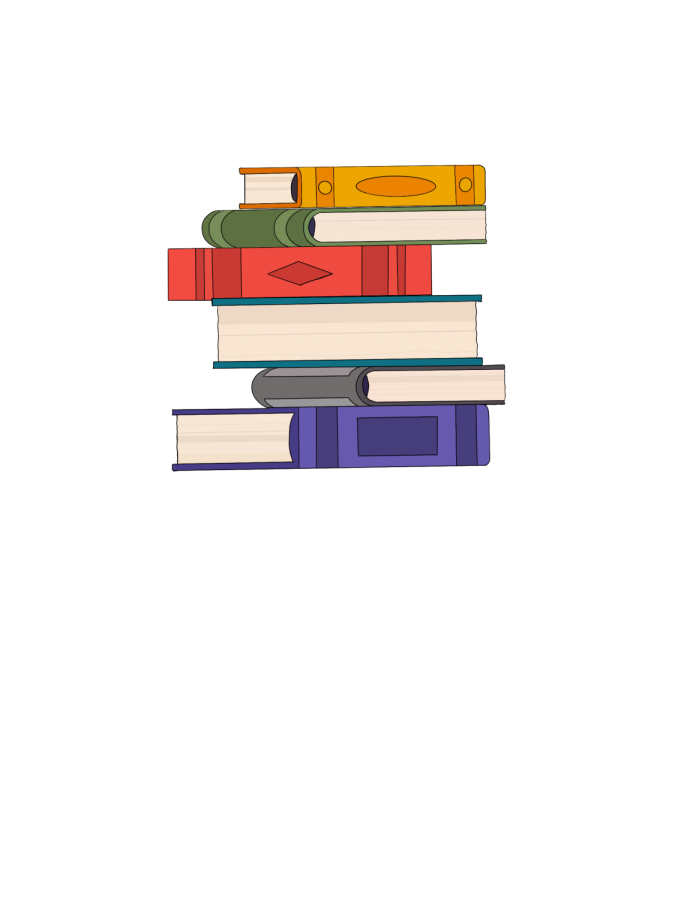 Okay, there’s something I need to get off my chest.
Okay, there’s something I need to get off my chest.
Hi, I’m Matthew, and I’m a bookaholic.
Yeah, I know what you’re thinking. “Bookaholism? That can’t possibly be real.”
But it’s true. Sure, it’s not as well known as more damaging addictions like alcoholism, or even as popular and glamorous as chocoholism, but bookaholism still affects the lives of at least dozens of Americans.
It’s a strange addiction, taking as many forms as there are pages in a large-print edition of “War and Peace.”
There’s the drive to acquire books — a drive that forces me to walk blocks out of my way to avoid bookstores and the impulse buys that go with — and then there’s the simple desire to be near books. The latter is particularly insidious: it first leads one to find a job at a library, which provides an affordable method of hoarding books that spirals out of control until your roommate has to forcibly make you take all 17 books out of the living room.
In my defense, not all of them were from Raynor Library. Some were from the public library. Besides, there were probably another eight or nine library books on the floor in my room, so he should count himself lucky.
Of course, my struggle isn’t one that the everyday student has to face. Quite the opposite. While I may occasionally walk down the street with a book in my face, endangering my life with every step, I sometimes do look at my surroundings — and the times I catch a glimpse of someone else cracking open a book are growing few and far between.
Maybe you’re all curled up with copies of “The Handmaid’s Tale” or “Lord of the Flies” at home in your dorms and apartments, but I doubt it. And so does the National Endowment for the Arts, a government agency supporting the arts and arts education.
Over the last few years, the NEA conducted a series of studies that found casual reading is on the decline, especially among 18- to 24-year-olds. In 2002, they found that nearly half of all adults in that age group never read books that weren’t required for work or school, a roughly 10 percent drop from 1992. If that drop is repeated by 2012, or becomes worse, that means we really are looking at an apocalypse. A bookocalypse.
At this point, I can almost see you rolling your eyes. I mean, let’s be real, I just used the made-up word “bookocalypse.” I must be crazy.
And maybe you’re right. Maybe I’m just an over-imaginative columnist who finally has a soapbox, and I’m using it to full advantage.
But what have you got to lose? I’m not saying you should go scurrying into the deepest recesses of Memorial Library and come out with a copy of “Moby Dick.” Even I think that’s masochistic.
But in a world that’s moving faster by the minute, with televisions and computers and iPods all competing for our attention at breakneck speeds, maybe it’s time for our generation to relearn what it’s like to be leisurely, in the very best sense of the word. To act at our leisure, and take the time to settle beneath a tree or curl into a comfy couch and simply enjoy a good book.
I’m not as naïve to think this column will change the reading habits (or lack thereof) of our entire university, much less our entire demographic. But in writing this, my hope is that I’ll see a few extra people sitting around campus with a good book in the future.
As long as it’s not on one of those damn Kindles.


